|
Day two general session began with Pat Gelsinger introducing Michael Dell for some Q&A time, discussing things like improved support and reducing hold times. VMware Skyline Together they introduced a new product called VMware Skyline, which allows customers to install a collector in their environment that uses machine learning to analyze their environment. This will allow for a more predictive support for customers and VMware stated that they are "Committed to be the best technology partner" to their customers. The product alerts on deviations from best practices, based on the VMware Validated Designs. Currently, the offering is available to customers with premier support with production support coming later next year. Pivotal/VMware/Google The next announcement for the day was around the partnership between VMware, Pivotal, and Google Cloud. Pivotal Container Service (PKS) which delivers Kubernetes containers on VMware vSphere and Google Cloud Platform. The companies are combining some open-source products providing a commercial offering. Google will sell this as part of the Google Cloud Platform along with Pivotal, VMware, and Dell-EMC who owns Pivotal. Google brings Kuberbetes an open-source container orchestration tool. Pivotal adds the PaaS with Cloud Foundary and VMware adds a management layer. All of this based on Kubo, an open-source container management product created by Google and Pivotal. WMware adds the management and security with NSX which is built for application security and integration with PKS. VMware was also announced as a Platinum member of Cloud Foundary. Taken from their website, "The Cloud Foundry Foundation exists to drive the global awareness and adoption of the Cloud Foundry open source project, to grow a vibrant community of contributors, and to create coherence in strategy and action across all member companies for the sake of the project. We will do this by marketing the economic and technical activity of the entire Cloud Foundry community; governing with fairness, energy, and optimism; and growing a massive ecosystem based on application and skills portability." Sam Ramji, Google Cloud VP of Product Management was introduced to discuss the new offering in which he stated that when he was running the Cloud Foundary Foundation he saw cloud foundary as the easiest way to get containers into production. VMware then discussed how this offering along with VMware Cloud Services will bring together Analytics, Automation, Logging, Monitoring, Operations, and Security allowing customers to deploy to any cloud, any platform. NSX became part of the days discussions and in the first general session, VMware mentioned how NSX would be the glue holding all the offerings together and even went as far as to state that NSX is the new hyper-visor. NSX is tied into all their offering allowing for consistent networking and security for applications running natively and in public clouds. After a demo, VMware moved into a massive announcement of products:
VMware Cloud Services Wavefront Wavefront delivers radically new metrics monitoring to help cloud-scale companies improve the performance, availability and customer experience of their digital services. When combined with vRealize Network Insight and vRealize Operations, digital enterprises will gain a complete view from network to infrastructure to applications. Workspace One Intelligence With Workspace ONE Intelligence, IT admins have the power to leverage a single data lake that captures data from the entire digital workspace environment—from the device to the apps and the identity of each user. With one data lake to pull from, Workspace ONE Intelligence can provide IT admins with unified visibility over the entire environment and enable deep insights that enable data-driven decisions from a single source of truth. Mobile Workflows App developers can now derive context within their apps and surface intelligent actions and notifications across many backend business systems through preconfigured or custom-developed services with less than 250 lines of code. Pulse Iot Center Key Features:
Functions as a Service (FaaS) Serverless computing is becoming increasingly popular to create micro services without needing to worry about how the functions are orchestrated or scaled. This frees developers to think more directly about what is important to them, delivering value to their customers and business. In general, the following attributes commonly describe serverless or FaaS:
0 Comments
Your comment will be posted after it is approved.
Leave a Reply. |
Archives
September 2018
Categories |
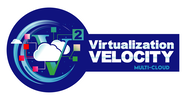
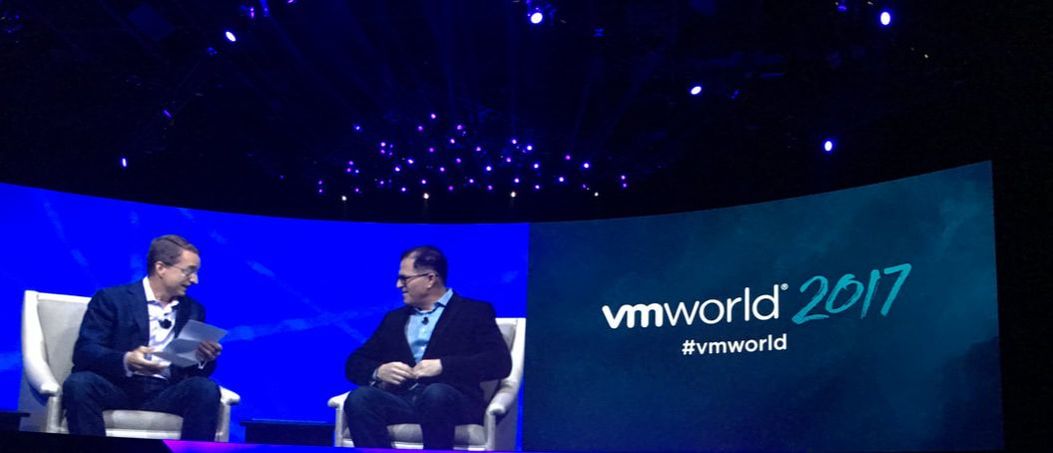
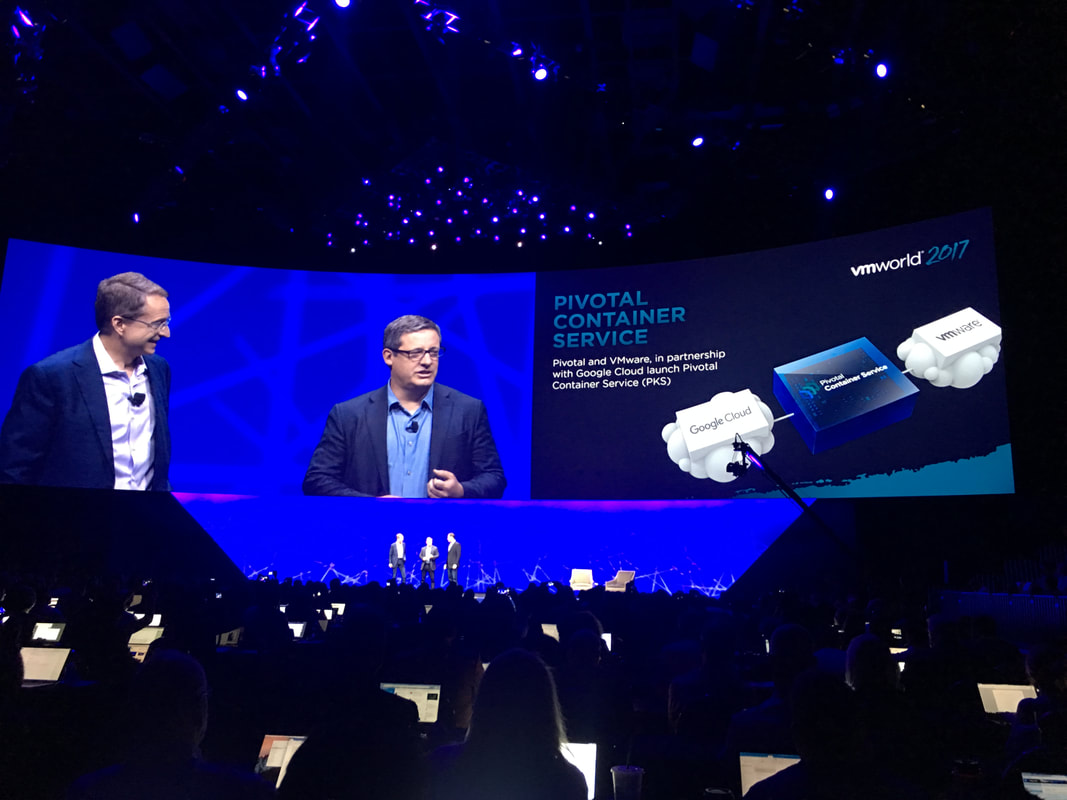
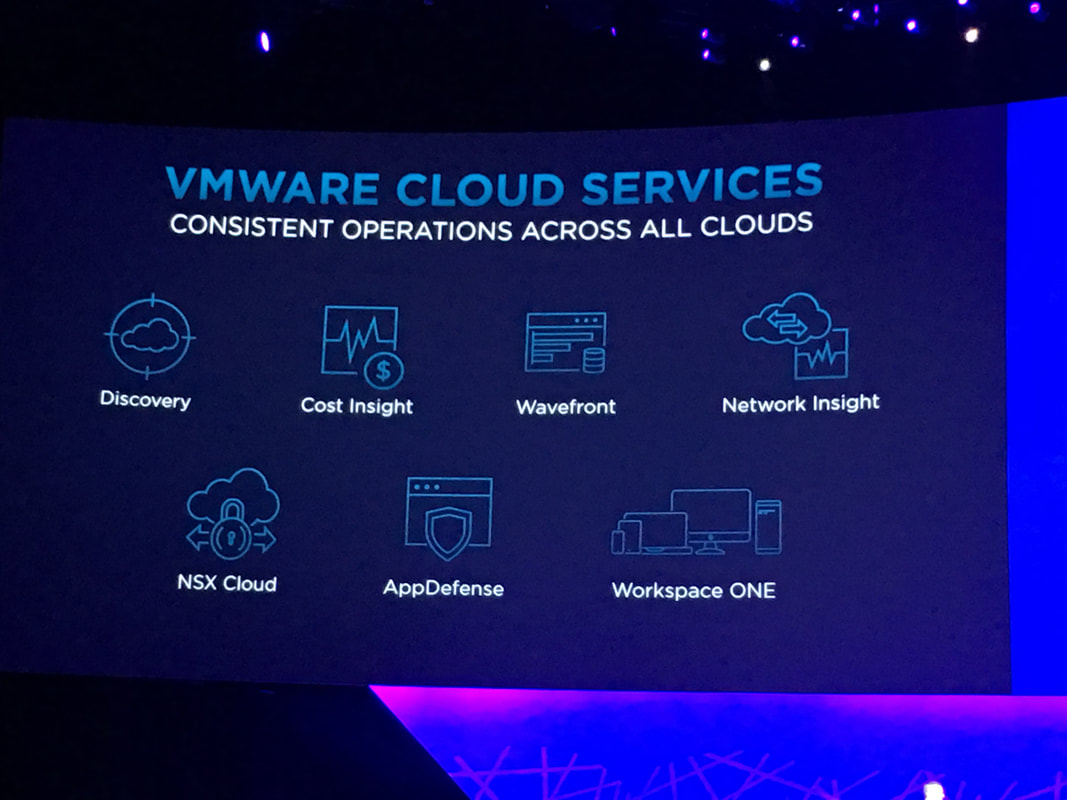
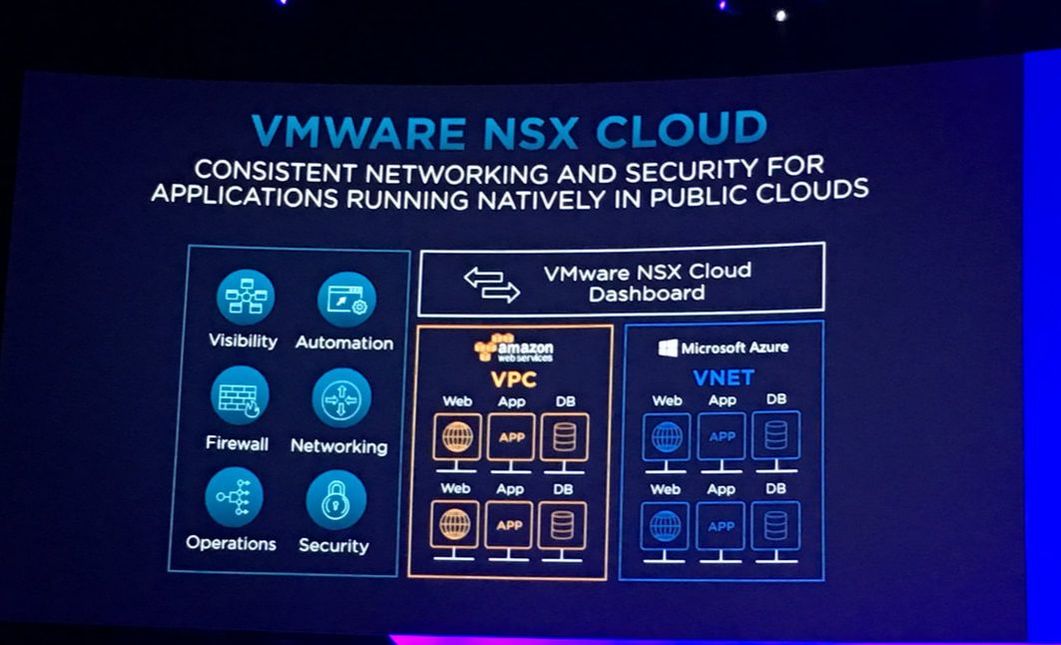
 RSS Feed
RSS Feed